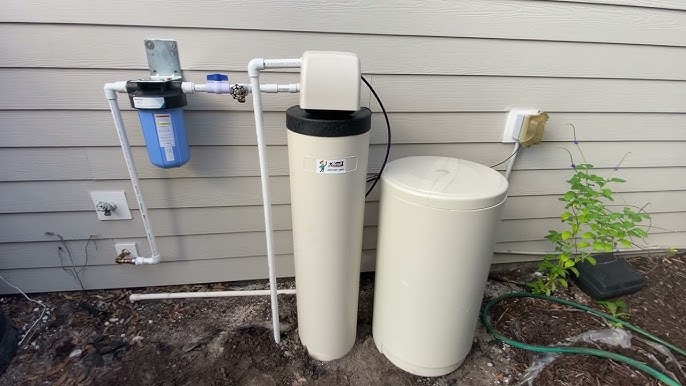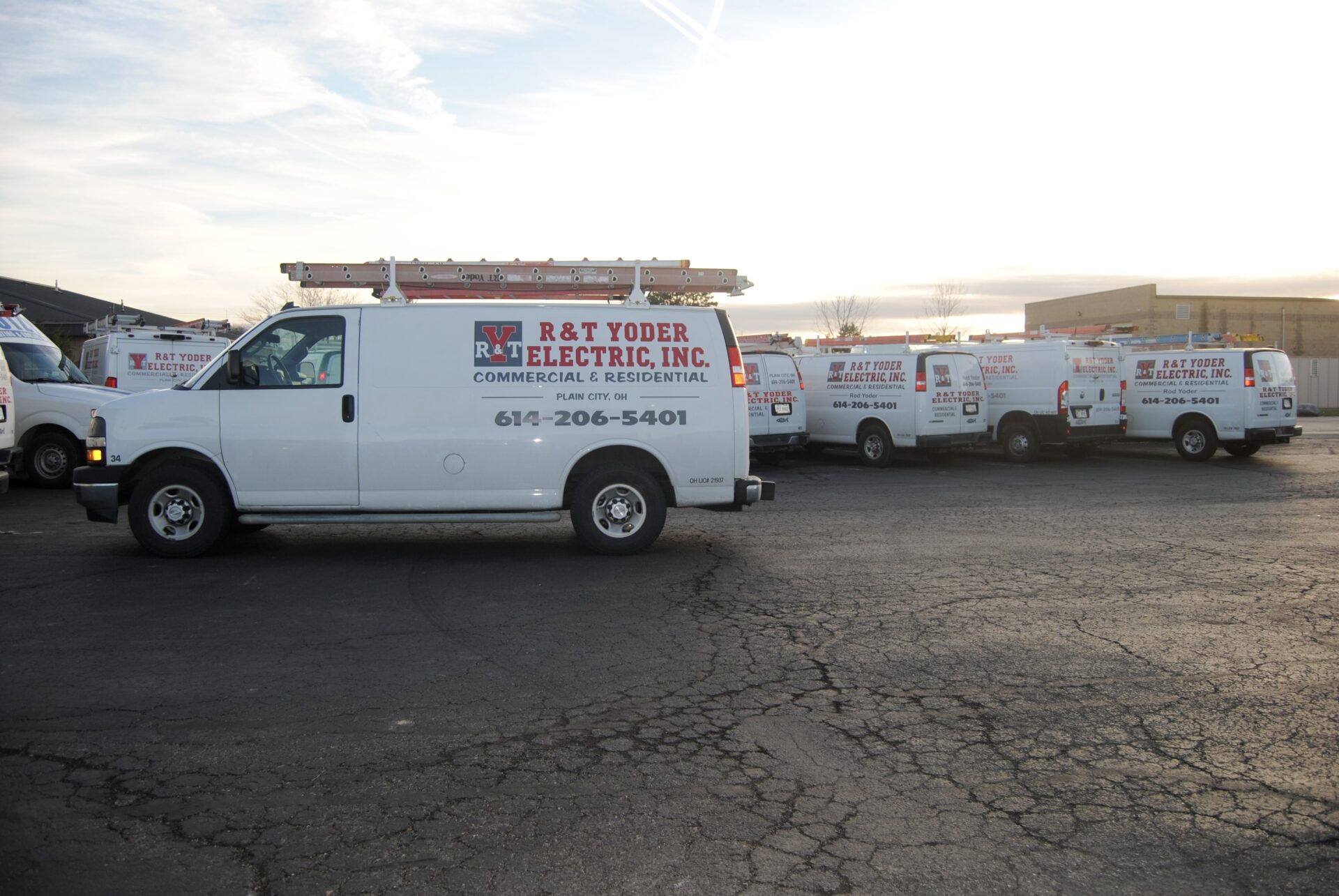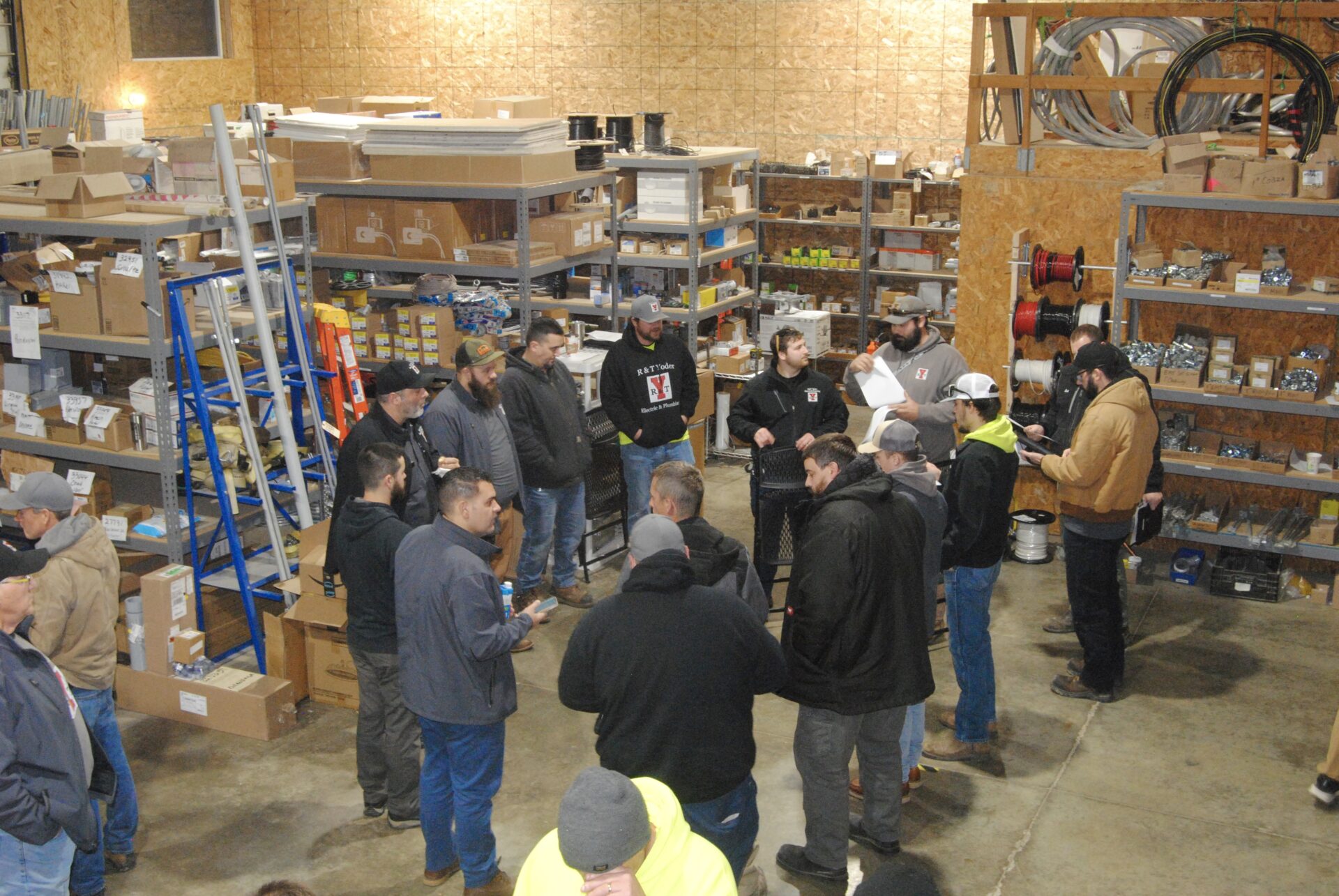If you’ve ever noticed white, chalky residue on your faucets, dishes, or showerheads, you’re likely dealing with hard water. Hard water contains high levels of minerals like calcium and magnesium, which can wreak havoc on your plumbing, appliances, and even your skin and hair. Fortunately, water softeners provide an effective solution to this problem. But what does a water softener do, and how do water softeners work?
1. What Is Hard Water?
Before diving into how water softeners work, it’s important to understand hard water and its effects.
1.1 Definition of Hard Water
Hard water contains high concentrations of dissolved minerals, primarily calcium (Ca²⁺) and magnesium (Mg²⁺). The hardness of water is measured in grains per gallon (GPG) or milligrams per liter (mg/L).
- Soft Water: Less than 1 GPG
- Moderately Hard: 1 to 3.5 GPG
- Hard: 3.5 to 7 GPG
- Very Hard: Above 7 GPG
1.2 Effects of Hard Water
- Scale Buildup: White, crusty deposits on faucets, pipes, and appliances.
- Reduced Efficiency: Water heaters, dishwashers, and washing machines operate less efficiently due to scale.
- Soap Scum: Hard water reacts with soap, creating a sticky film on surfaces.
- Dry Skin and Hair: Hard water strips natural oils, leaving skin dry and hair brittle.
- Stained Clothes and Dishes: Laundry can appear dingy, and glassware may develop cloudy spots.
2. What Does a Water Softener Do?
A water softener is a device designed to remove the minerals that cause hard water, primarily calcium and magnesium. The process of removing these minerals is known as ion exchange.
2.1 The Role of a Water Softener
- Prevents Scale Buildup: Softened water eliminates scale deposits on pipes and appliances.
- Improves Soap Efficiency: Soap and detergents lather better with soft water, making cleaning easier.
- Extends Appliance Lifespan: Reduces wear and tear on water heaters, dishwashers, and washing machines.
- Enhances Skin and Hair Health: Soft water leaves skin and hair feeling smoother and more hydrated.
3. How Do Water Softeners Work?
A water softener works through a process called ion exchange. Here’s a detailed explanation of how it functions
3.1 Components of a Water Softener
- Mineral Tank: Contains resin beads that facilitate the ion exchange process.
- Brine Tank: Holds a salt solution used to regenerate the resin beads.
- Control Valve: Manages the flow of water and initiates the regeneration cycle.
3.2 The Ion Exchange Process
- Hard Water Entry: Hard water flows into the mineral tank.
- Ion Exchange: The resin beads in the tank are negatively charged and coated with sodium ions (Na⁺). As hard water passes through, calcium (Ca²⁺) and magnesium (Mg²⁺) ions attach to the resin beads, and sodium ions are released into the water.
- Softened Water: The water leaving the mineral tank is now free of calcium and magnesium, making it soft.
3.3 Regeneration Cycle
Over time, the resin beads become saturated with calcium and magnesium ions. The system enters a regeneration phase to flush out these minerals and recharge the beads with sodium ions.
- Brine Solution: Salt water from the brine tank is flushed through the mineral tank.
- Ion Replacement: The brine solution replaces the calcium and magnesium ions on the resin beads with sodium ions.
- Rinse and Reset: The system rinses out the waste, and the resin beads are ready to soften water again.
4. Benefits of Installing a Water Softener
A water softener offers numerous advantages for your home, health, and finances
4.1 Protects Plumbing and Appliances
- Reduces scale buildup in pipes, faucets, and appliances.
- Extends the lifespan of water heaters, dishwashers, and washing machines.
4.2 Improves Cleaning Efficiency
- Soap and detergents lather better, resulting in cleaner clothes, dishes, and surfaces.
- Eliminates soap scum and water spots on fixtures and glassware.
4.3 Enhances Skin and Hair
- Soft water is gentler on the skin, reducing dryness and irritation.
- Hair feels smoother and more manageable.
4.4 Saves Money
- Reduces energy consumption by maintaining efficient appliances.
- Decreases the need for plumbing repairs and replacements.
- Uses less soap and detergent due to improved lathering.
4.5 Better-Tasting Water
- Reduces the mineral taste often associated with hard water.
5. Signs You Need a Water Softener
How do you know if you need a water softener? Here are common indicators
- Scale Buildup: White, chalky deposits on faucets, showerheads, and appliances.
- Soap Scum: Sticky film on sinks, bathtubs, and shower doors.
- Dry Skin and Hair: Persistent dryness, irritation, or brittleness despite moisturizing.
- Stained Clothes and Dishes: Laundry appears dull, and dishes have cloudy spots.
- Low Water Pressure: Scale buildup inside pipes restricts water flow.
- Frequent Appliance Repairs: Water-using appliances break down often due to mineral buildup.
6. Types of Water Softeners
Several types of water softeners are available to suit different needs
6.1 Salt-Based Water Softeners
- How It Works: Uses ion exchange to remove minerals.
- Pros: Highly effective at softening water.
- Cons: Requires regular salt refilling and maintenance.
6.2 Salt-Free Water Softeners
- How It Works: Conditions water to prevent scale buildup without removing minerals.
- Pros: Low maintenance; no salt needed.
- Cons: Less effective for very hard water.
6.3 Dual-Tank Water Softeners
- How It Works: Two tanks allow continuous softening while one regenerates.
- Pros: Ideal for large households or heavy water use.
- Cons: More expensive and space-consuming.
6.4 Magnetic Water Softeners
- How It Works: Uses magnets to alter the structure of minerals.
- Pros: No salt or chemicals; easy installation.
- Cons: Limited effectiveness compared to traditional systems.
7. Maintaining a Water Softener
Proper maintenance ensures your water softener operates efficiently
- Refill Salt: Check salt levels monthly and refill the brine tank as needed.
- Clean the Tank: Clean the brine tank every 6-12 months to prevent buildup.
- Check for Salt Bridges: Break up hardened salt deposits that form a crust.
- Inspect the System: Regularly check for leaks, clogs, or malfunctions.
- Professional Servicing: Schedule annual maintenance for optimal performance.
Understanding what a water softener does and how water softeners work helps you appreciate the benefits of soft water. From preventing scale buildup to improving skin and hair health, a water softener is a worthwhile investment for any home dealing with hard water.
If you notice signs like scale deposits, soap scum, or dry skin, it might be time to consider installing a water softener. By choosing the right system and maintaining it properly, you can enjoy cleaner water, efficient appliances, and a more comfortable home environment.











